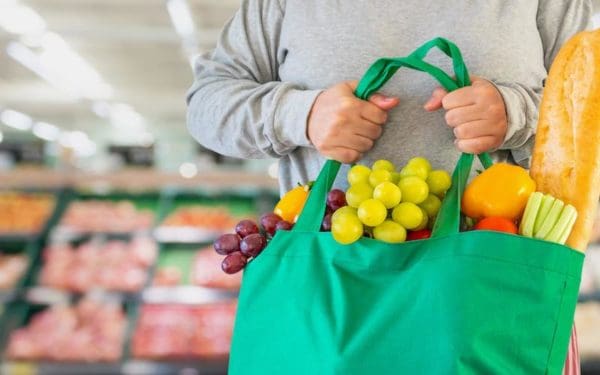Rhode Island Is Sending Valuable Food Waste to a Landfill
Rescuing and diverting more of Rhode Island’s food waste could help cut climate-damaging emissions while urgently addressing food insecurity within the state.
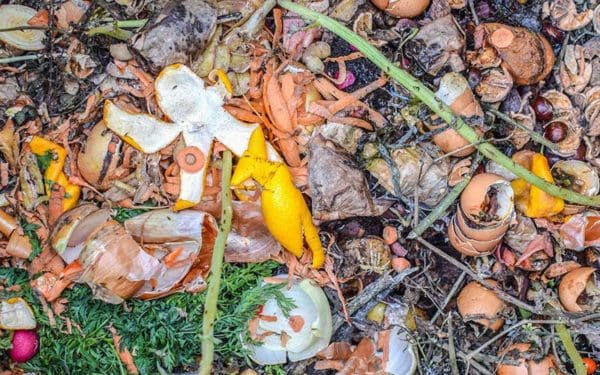
Rescuing and diverting more of Rhode Island’s food waste could help cut climate-damaging emissions while urgently addressing food insecurity within the state.

In times of change and upheaval, there is also room for hope and inspiration. While we collectively have much hard work ahead of us, we also have much to commend. Our hope is that this report offers insight into the work that your support makes possible – and inspiration for what we know we can accomplish together.
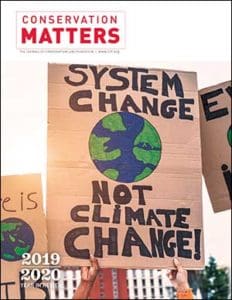
Humans have been producing trash for generations. But how we dispose of it hasn’t improved in ages. By implementing zero-waste policies, we can begin to redesign our waste systems and produce less trash – while also protecting our environment and our communities.
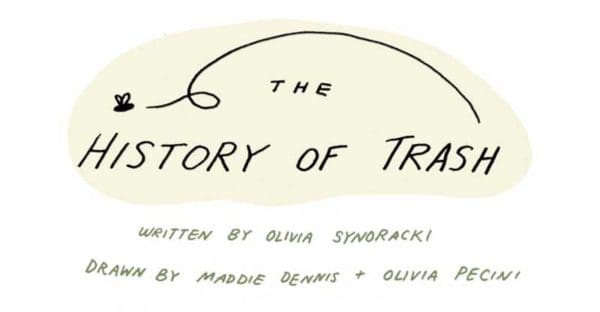
Experts are refuting the plastic industry’s claims that reusable bags carry and transmit COVID-19. One public health expert, Dr. Ben Locwin, spoke with CLF about why reusables do not increase the risk of infection, and how washing your reusables with soap or detergent reduces any theoretical risk of transmission.
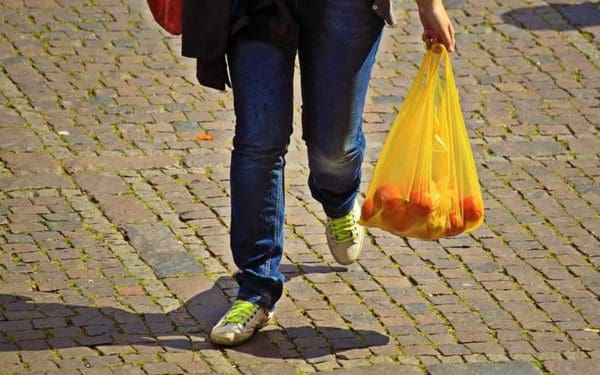
To end our “bury or burn” approach to managing waste – and to finally achieve the waste reduction goals that New Hampshire set more than 20 years ago – regulators must establish clear, meaningful requirements that promote waste reduction, recycling, and composting.
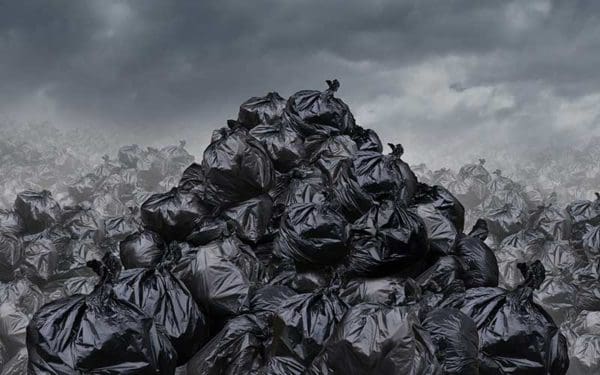
A proposed medical waste facility in West Warwick would collect and burn waste from healthcare facilities across New England. But we have a responsibility to protect the health and safety of our communities and environment. Now is not the time for Rhode Island to become the region’s dumping ground for toxic medical waste.
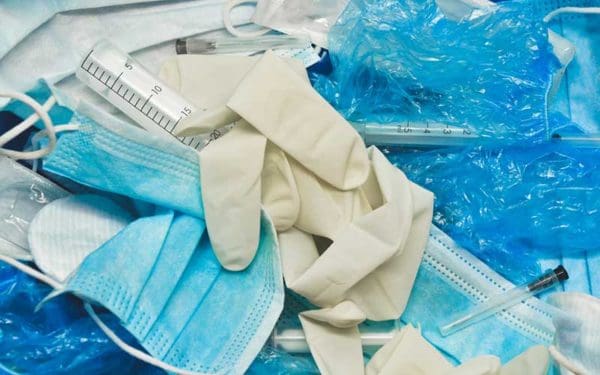
The waste industry claims that their so-called “waste-to-energy” technologies can help combat the climate crisis by reducing climate-damaging emissions. But these claims are misleading and inaccurate. Burning trash to create energy will not solve the climate crisis or our growing waste problem.
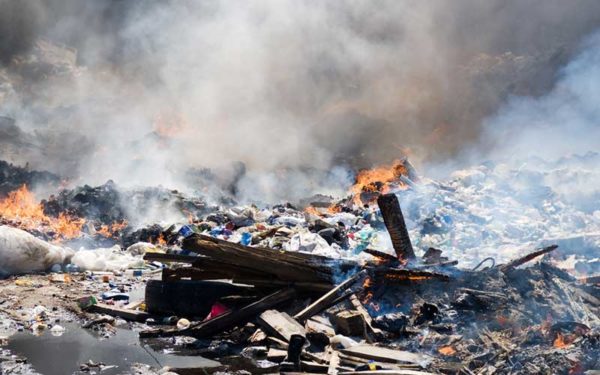
The plastic industry has been trying to take advantage of the pandemic to maximize profits. But fueling fear during a public health crisis is outrageous and must be called out. To truly protect public health and the environment long-term, we need full-scale reuse systems.
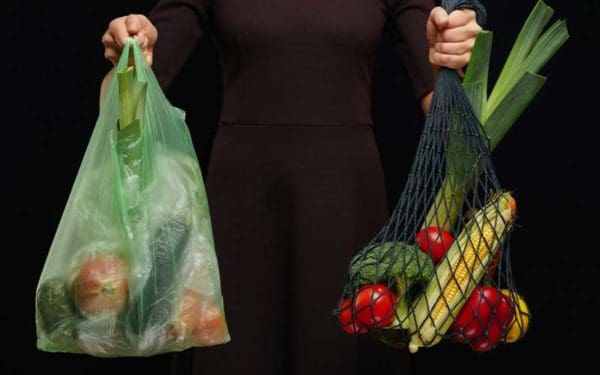
At the outset of the COVID-19 pandemic, staffing concerns caused many New England states with bottle return programs to temporarily stop enforcing collection requirements at grocery stores, supermarkets, and liquor shops. Connecticut was among the states pressing pause on bottle bill enforcement. But as of May 20, the state’s Department of Energy and Environmental Protection (DEEP) has reinstated bottle collection requirements at these retail sites.
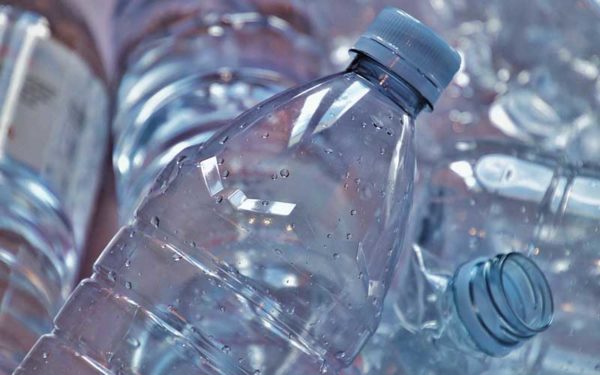
“Public health must always be the primary concern,” said Kirstie Pecci, Director of the Zero Waste Project at CLF. “However, the scientific community has made it clear that the risk of transmitting the virus by touching a bag or bottle is almost nonexistent. Allowing reusable bags and resuming bottle deposits will keep tons of plastic out of landfills or incinerators and stop it from further polluting our land and air.”
